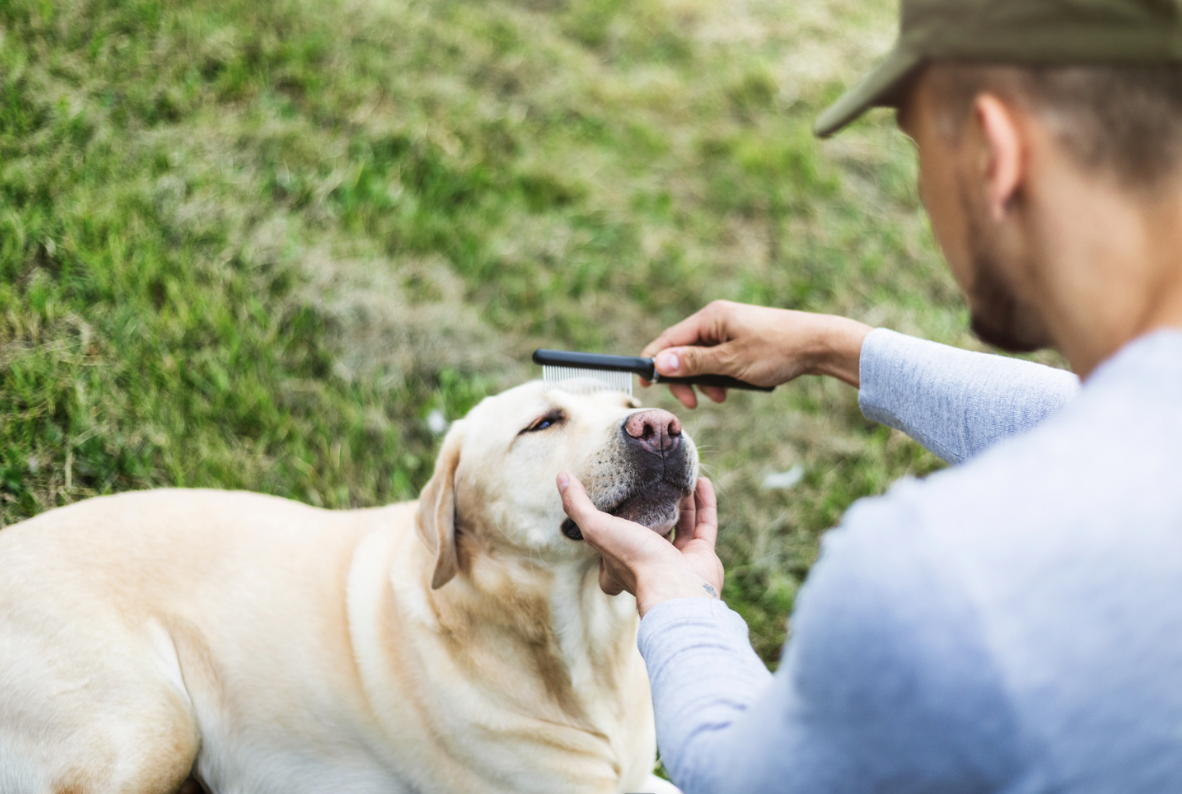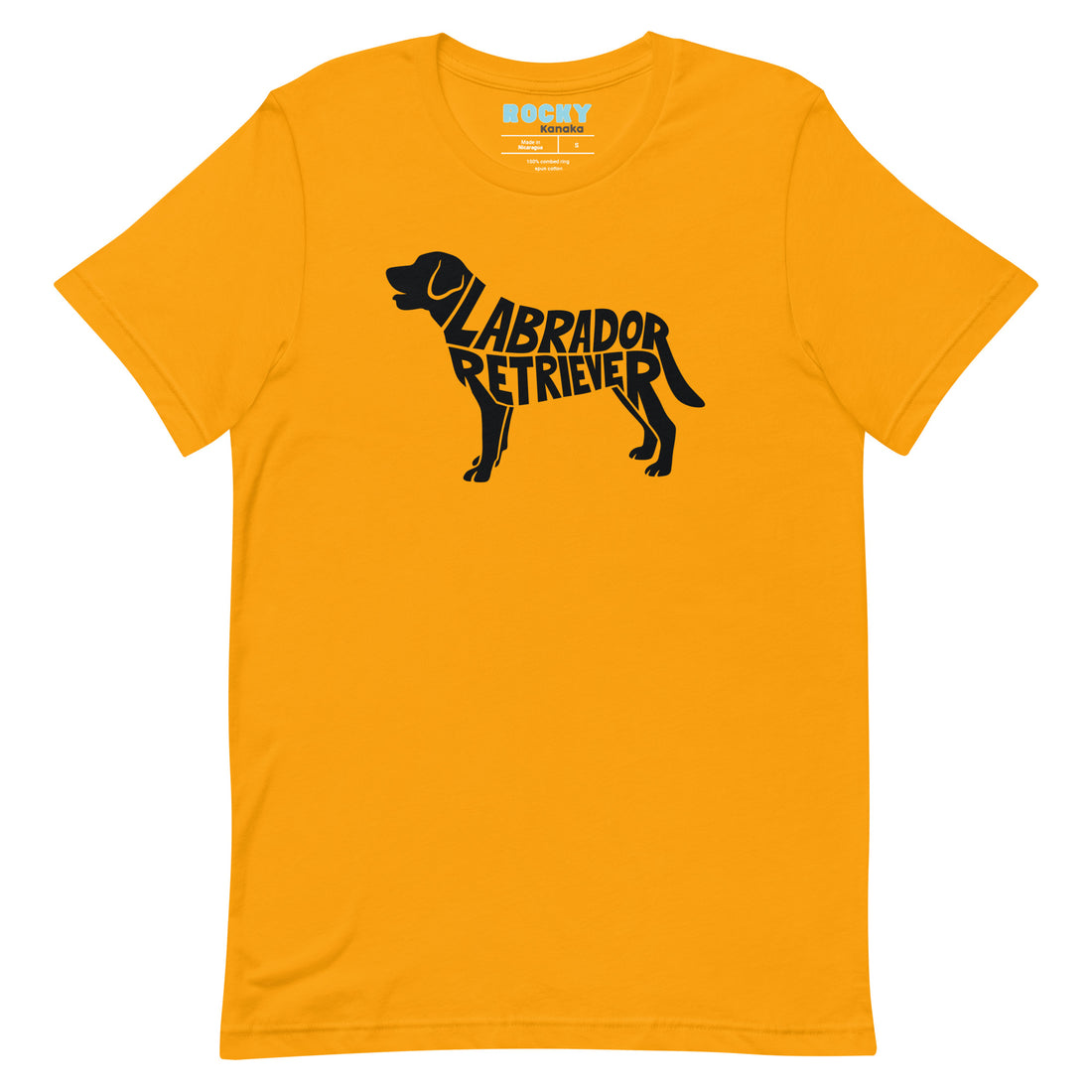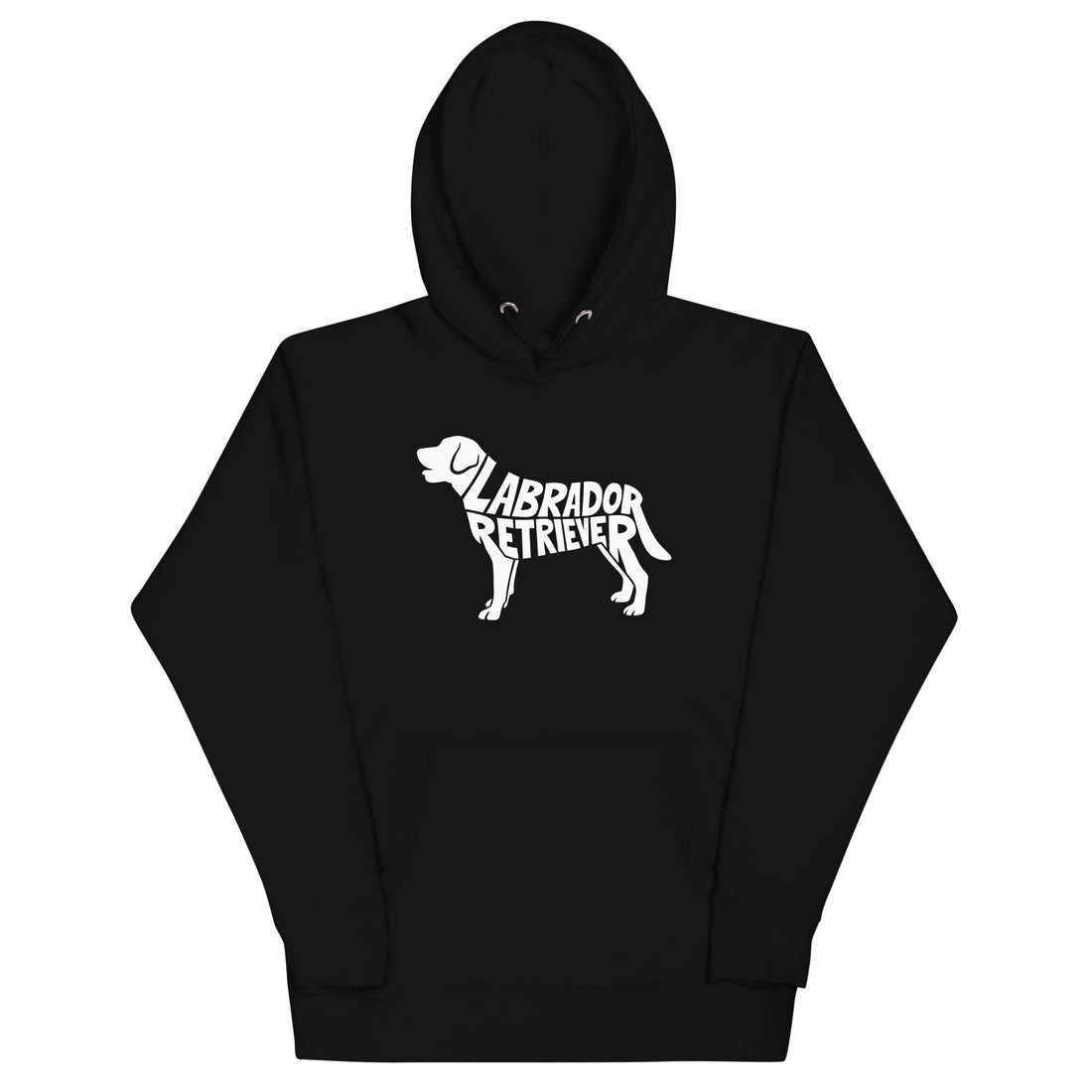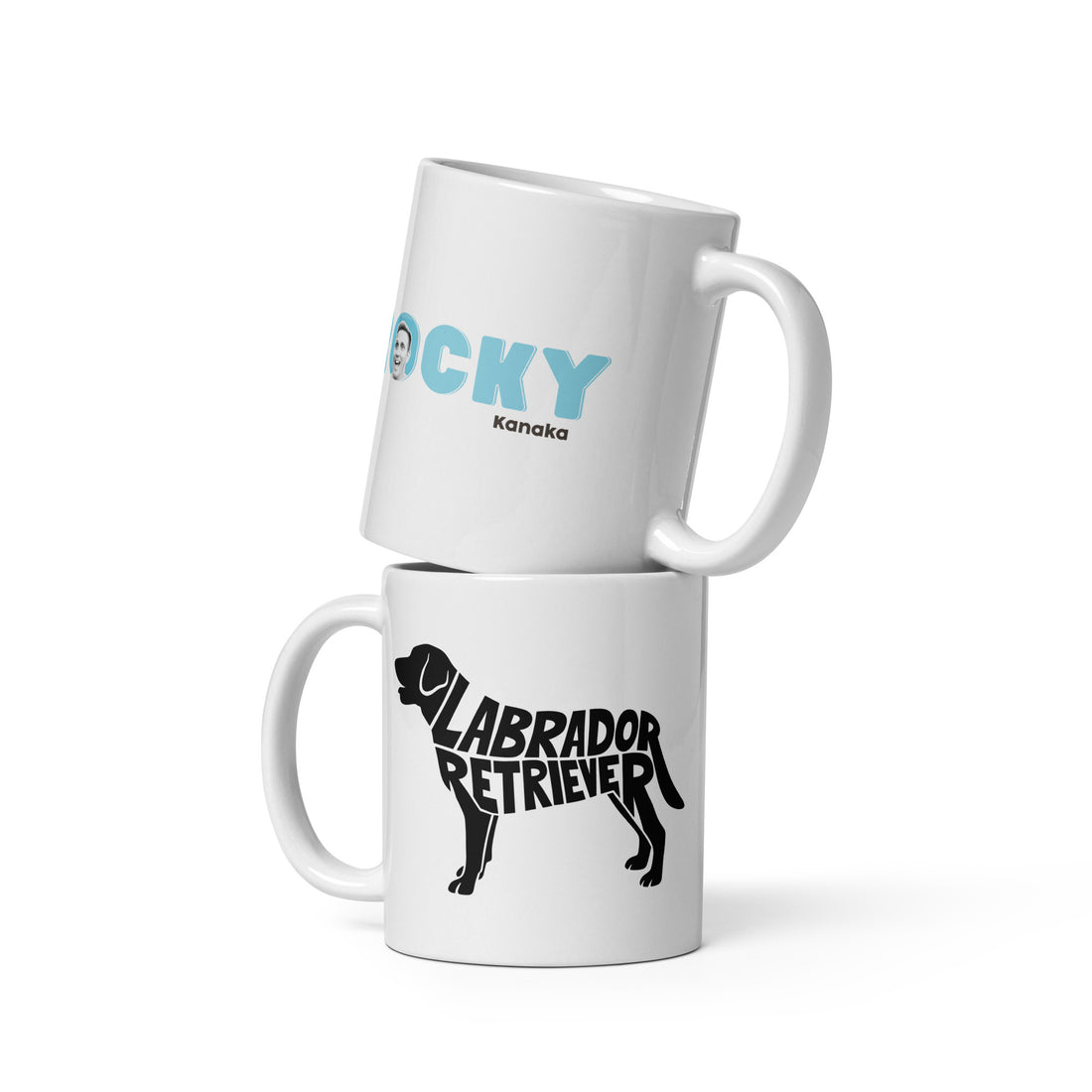Are Labrador Retrievers Hypoallergenic? The Truth Unveiled
Labradors, with their gentle demeanor and boundless energy, have long been recognized as one of the most popular dog breeds in the world. But for individuals with allergies, the question of whether Labrador Retrievers are hypoallergenic has always loomed large. Are these beloved canines a viable option for those prone to allergies?

In this article, we delve into the truth behind Labrador Retriever hypoallergenic claims, exploring the factors that contribute to allergenicity and shedding in dogs, and provide an informed perspective on whether Labs make suitable companions for allergy sufferers.
Understanding Hypoallergenic Breeds
Before we address the hypoallergenic nature of Labs, it’s essential to grasp the concept of hypoallergenic breeds. While no dog breed is entirely hypoallergenic, some breeds are considered more allergy-friendly than others. These breeds typically produce fewer allergens, such as dander and hair, which are the primary triggers for allergies in susceptible individuals. Hypoallergenic breeds often have hair instead of fur and may shed less, mitigating the spread of allergenic particles in the environment.
Is Hypoallergenic Really Even a Thing?

Dr. Sarah Johnson, a renowned veterinarian specializing in allergies, shares her expertise on hypoallergenic dogs:
“No dog breed is entirely allergen-free”
Dr. Sarah Johnson, Veterinarian
“Hypoallergenic is a term often associated with certain dog breeds, but it’s important to understand that no dog breed is entirely allergen-free. While some breeds may produce fewer allergens or cause milder reactions in allergic individuals, it ultimately depends on the person’s specific allergies and sensitivities. It’s crucial for potential dog owners with allergies to spend time with the breed they are considering and gauge their personal response before making a decision.”
Several popular dog breeds are called hypoallergenic, including poodles, bichon frises, Yorkshire terriers, and schnauzers. Do these popular dogs actually reduce allergic reactions? Unfortunately, no dog breed causes zero allergic responses.
According to one study, there is a lack of data showing that so-called hypoallergenic dog breeds actually reduce allergic reactions. Every dog produces proteins in saliva and dead skin cells that cause allergies, so even hairless breeds can cause allergies.
Do Labs Shed?

Shedding is a key consideration for individuals seeking hypoallergenic dog breeds, as it can exacerbate allergies by spreading dander throughout the environment. Labrador Retrievers are known to have a dense double coat, designed to protect them from harsh weather conditions. While their thick fur helps keep them warm and dry, it also means they shed moderately throughout the year. Labradors are not considered hypoallergenic in the strictest sense, as they do produce allergenic substances such as dander and saliva. However, the degree of individual allergies may vary, and some people with milder allergies may find they can comfortably coexist with a Labrador by taking certain precautions.
Dander & Saliva
Allergenic substances, such as dander and saliva, are the primary culprits behind allergic reactions in humans. Dander, composed of microscopic skin flakes, can trigger allergic symptoms in sensitive individuals. Labrador Retrievers produce dander like most other dog breeds, although their relatively shorter hairs may lead to less dander accumulation on surfaces. Regular grooming, including brushing and bathing, can help minimize the amount of loose hair and dander in the environment. Additionally, keeping the living area clean and employing high-efficiency particulate air (HEPA) filters can assist in reducing allergen levels and promoting a more allergy-friendly environment for Labrador Retriever owners.
What Can Trigger Dog Allergies in Humans?

People with allergies to dogs are actually allergic to proteins made by the dog. There are several different dog proteins. Sometimes a person can be allergic to one kind of protein, but not others.
One example is the dog protein Can f 5. There is research showing that this protein is only made by male dogs. If you are allergic to this protein, you can avoid it by adopting female dogs only. However, it isn’t always that simple.
Sometimes it is difficult to know what proteins you are allergic to. There are a few things dog allergy sufferers should try to avoid. Saliva and urine, fur, dead skin flakes, and carpets and furniture covered with dog hair should all be avoided if possible. High dander levels and fur in your home is a common trigger.
Top Tips for Dog Owners With Allergies
What can you do if you are allergic to your Labrador Retriever? There are several things you can do so that you can keep your canine companion even though you have allergies. Try some of the following things to reduce your allergic responses:
- Use a high quality air filter in your home


- Conduct regular house cleaning sessions
- Vacuum regularly to get rid of pet hair
- Keep over-the-counter allergy medication on hand for allergic reactions
- Consider choosing a dog breed that sheds less
- Ask your doctor about getting allergy shots to reduce attacks
- Wash your dog frequently. Not sure how often, here’s a quick quiz you can take to determine how often you should wash your dog.
Are Labrador Retrievers Hypoallergenic?

Regrettably, Labs do not fall into the hypoallergenic breed category.
They have a thick double coat that consists of a dense, soft undercoat and a longer, harsher outer coat. This double coat helps them withstand the extreme cold of their Arctic origins but also results in regular shedding throughout the year.
Labs typically “blow” their coats twice a year, during which they shed their undercoat heavily. This seasonal shedding usually occurs in spring as they prepare for warmer weather and again in autumn as they prepare for the colder months. During these shedding periods, their fur tends to come out in clumps, requiring regular grooming to manage the shedding and prevent mats from forming.
Even outside of the major shedding seasons, Labs continue to shed to some extent throughout the year. Routine brushing is essential to remove loose hair, prevent tangles, and keep their coat healthy and manageable. It’s worth noting that the shedding can be more pronounced during certain times, such as when the seasons change or during hormonal fluctuations in intact females.
How can I Reduce my Allergy Triggers to a Lab?
Just because you have dog allergies, doesn’t mean you can’t have a Lab. There are a few ways you can help reduce your allergies and still have one as a pet. Follow this advice if you are allergic to Labs:
1. Make sure you bath the dog regularly

Bathing helps get rid of dead skin cells
2. Keep him groomed and brushed regularly

3. Do your grooming outside, and use gloves if needed

4. Stay on top of pests; more scratching means more dander flying everywhere

5. Vacuum your carpet and furniture often

What Dog Breeds are the Most Hypoallergenic?
These dog breeds are considered to be the most hypoallergenic, according to the AKC.
- Poodle
- Maltese
- Chinese crested
- Coton de Tulear
- Schnauzer
- Irish water spaniel
- American hairless terrier
- Barbado da Terceira
- Barbet
- Bedlington terrier
- Affenpinscher
- Afghan hound
What Dog Breeds are the Least Hypoallergenic?

Some dog breeds are not recommended for allergy sufferers. Most of these breeds shed or drool a lot. Breeds to avoid if you have dog allergies include:
- Basset hound
- Boston Terrier
- Bulldog
- Doberman Pinscher
- German Shepherd
- Labrador Retriever
- Pekingese
- Pug
- Saint Bernard
- Siberian Husky
FAQ: Are Labrador Retrievers Hypoallergenic?
What does it mean for a dog breed to be hypoallergenic?
Hypoallergenic dog breeds are those that are less likely to cause an allergic reaction in people who are sensitive to pet allergens.
Are Labrador Retrievers hypoallergenic?
Labrador Retrievers are not considered hypoallergenic. They produce allergenic substances such as dander and saliva, which can trigger allergic reactions in sensitive individuals. However, the level of allergenicity may vary from one Labrador to another, and some people with milder allergies might find they can tolerate being around Labradors with proper precautions.
What causes allergic reactions to dogs?
Allergic reactions to dogs are caused by exposure to the proteins found in their skin cells (dander), saliva, and urine.
Is it the dog’s fur or dander that causes allergic reactions in people?
Both the dog’s fur and dander can cause allergic reactions in people, but it is primarily the dander that causes the most problems.
What is dander, and why is it a problem for people with allergies?
Dander is made up of tiny flakes of dead skin that dogs shed naturally. For people with allergies, exposure to these flakes can trigger an immune system response that leads to allergy symptoms.
Are there any breeds of dogs that are completely hypoallergenic?
No dog breed is completely hypoallergenic, but some breeds are less likely to cause allergic reactions in people than others.
Are there any dogs that are better for people with allergies than others?
Yes, some dog breeds that are less likely to cause allergic reactions in people include Poodles, Bichon Frises, and Portuguese Water Dogs.
Do Labs shed a lot of fur?
Yes, Labs shed a moderate about of fur.
Can Labs be groomed to reduce the amount of dander they produce?
Regular grooming can help reduce the amount of dander that Labs produce, but it cannot eliminate it completely.
What are some common symptoms of dog allergies?
Common symptoms of dog allergies include sneezing, runny or stuffy nose, itchy or watery eyes, and skin rashes.
Can people with dog allergies develop immunity over time?
Some people with dog allergies may develop a tolerance or immunity over time, but this is not guaranteed and may not be the case for everyone.
Are there any medications that can help alleviate dog allergy symptoms?
Yes, there are medications such as antihistamines and nasal corticosteroids that can help alleviate dog allergy symptoms.
What should someone with allergies do if they want to adopt a Lab?
Someone with allergies who wants to adopt a Lab should spend time with the dog before adopting to see if they have an allergic reaction. They should also be prepared to take allergy medications and to groom the dog regularly to reduce dander.
Are there any other factors to consider besides allergies when deciding whether to adopt a Lab?
Yes, Labs are an active and high-energy breed that require a lot of exercise and training. They also shed heavily and may not be a good fit for people who are sensitive to dog hair.
What are some other breeds of dogs that are good for people with allergies?
Other dog breeds that are good for people with allergies include the Bichon Frise, Maltese, and Schnauzer.
What can people with allergies do if they want to adopt a Lab?
People with allergies who want to adopt a Lab should spend time with the dog before adopting to see if they have an allergic reaction. They should also be prepared to take allergy medications and to groom the dog regularly to reduce dander. If someone has severe allergies, it may not be advisable to adopt a Lab or any dog breed that is known to trigger allergies.
Are Labs suitable for dog owners with allergies?
While no dog breed can be considered completely hypoallergenic, Labs are not typically recommended for individuals with pet allergies. Their thick coat and shedding tendencies can release allergens into the environment, potentially triggering allergic reactions in susceptible individuals. If you have allergies, it is advisable to spend time with Labs or other breeds to assess your personal tolerance before making a decision.
What is the origin of the Lab dog breed?
The Labrador Retriever, often referred to simply as the Labrador or Lab, has its origin rooted in Newfoundland, Canada. It emerged in the early 19th century as a distinct breed, although its exact ancestry is somewhat debated. The Labrador Retriever was initially developed as a versatile working dog, primarily used by fishermen in the coastal regions of Newfoundland.
The breed’s ancestors were likely a mix of water dogs, including the now-extinct St. John’s Water Dog, which were brought to Newfoundland by European fishermen. These dogs possessed excellent swimming abilities and were well-suited for retrieving fishing nets, hauling ropes, and retrieving game during hunting expeditions.
During the early 19th century, the Labrador Retriever’s potential as a retriever and companion caught the attention of English nobility and sportsmen. They recognized the breed’s intelligence, athleticism, and amiable temperament, leading to its importation to England. There, dedicated breeding programs refined the breed’s characteristics, establishing it as a separate breed with the name Labrador Retriever.
Labradors quickly gained popularity in England and later in the United States, where they excelled in various roles, including as hunting companions, search and rescue dogs, service dogs, and beloved family pets. Today, the Labrador Retriever is one of the most recognized and cherished dog breeds worldwide, known for its friendly nature, trainability, and versatility in various fields.
Do Labs require regular grooming?
Yes, Labs have a thick double coat that requires regular grooming to keep it in optimal condition. Their dense fur can easily become matted and tangled if not properly maintained. Regular brushing is necessary to prevent matting and to remove loose hair. In addition, Labs may benefit from occasional professional grooming to help manage their coat.
Can individuals allergic to dogs be allergic to Labs?
Yes, individuals who are allergic to dogs may also experience allergic reactions to Labs. Despite the misconception that certain breeds are hypoallergenic, it is important to note that allergies are typically triggered by specific allergens, such as dog dander and saliva proteins, rather than by the breed itself. As Lab have thick fur and shed, they can potentially produce allergens that can cause allergies in sensitive individuals.
Are Labs a large dog breed?
Labrador Retrievers are generally classified as a medium to large-sized dog breed. They have a sturdy and athletic build, with males typically standing between 22.5 to 24.5 inches (57 to 62 cm) at the shoulder and weighing between 65 to 80 pounds (29 to 36 kg). Females are slightly smaller, usually measuring around 21.5 to 23.5 inches (55 to 60 cm) in height and weighing between 55 to 70 pounds (25 to 32 kg).
While Labs are not as large as some giant dog breeds like Great Danes or Saint Bernards, they still have a substantial presence. Their solid physique, broad chest, and strong limbs contribute to their overall size and strength. However, it’s important to note that individual Labradors can vary in size, and some may be smaller or larger than the average range mentioned above.
What causes allergies in relation to Labradors?
Allergic reactions are primarily triggered by allergenic substances like dander and saliva. Labrador Retrievers, including chocolate and black Labs, produce these allergens. Dander, composed of microscopic skin flakes, is a common culprit for allergies. While chocolate and black Labs may have slightly different fur colors, their hypoallergenic qualities remain similar to other Labrador Retrievers.
Are chocolate Labs hypoallergenic?
No, chocolate Labs are not hypoallergenic. Like other Labrador Retrievers, they produce allergenic substances such as dander and saliva. While fur color may vary, it does not affect the hypoallergenic qualities of Labradors. It’s important to note that individual allergies can vary, and some people may have milder reactions to certain Labradors than others.
Are black Labs hypoallergenic?
Black Labs, like all Labrador Retrievers, are not hypoallergenic. They produce allergenic substances, including dander and saliva, which can trigger allergic reactions in sensitive individuals. While fur color may differ, it doesn’t impact the allergenic properties of Labradors. It’s crucial to assess your personal allergies and consult with a healthcare professional before considering a Labrador as a pet.
Can hypoallergenic grooming practices help with Labrador allergies?
While Labrador Retrievers are not hypoallergenic by nature, practicing hypoallergenic grooming techniques can be beneficial. Regular brushing and bathing can help reduce loose hair and dander in the environment, potentially minimizing allergic reactions. Additionally, maintaining a clean living space and utilizing high-efficiency particulate air (HEPA) filters can assist in reducing allergen levels and creating a more allergy-friendly environment for Labrador owners, regardless of the specific coat color.
Related Articles:
- The Best Dog Supplements for Skin & Coat Available on Amazon
- Finding the Perfect Hypoallergenic Dog for Your Family: Tips for Adopting a Dog That Won’t Trigger Allergies
- 55 Hypoallergenic Dog Breeds You Might Be Able To Live With If You Have Allergies
- Expertly Curated: The Definitive Guide to the Best Dog Food for Every Life Stage and Dietary Need



